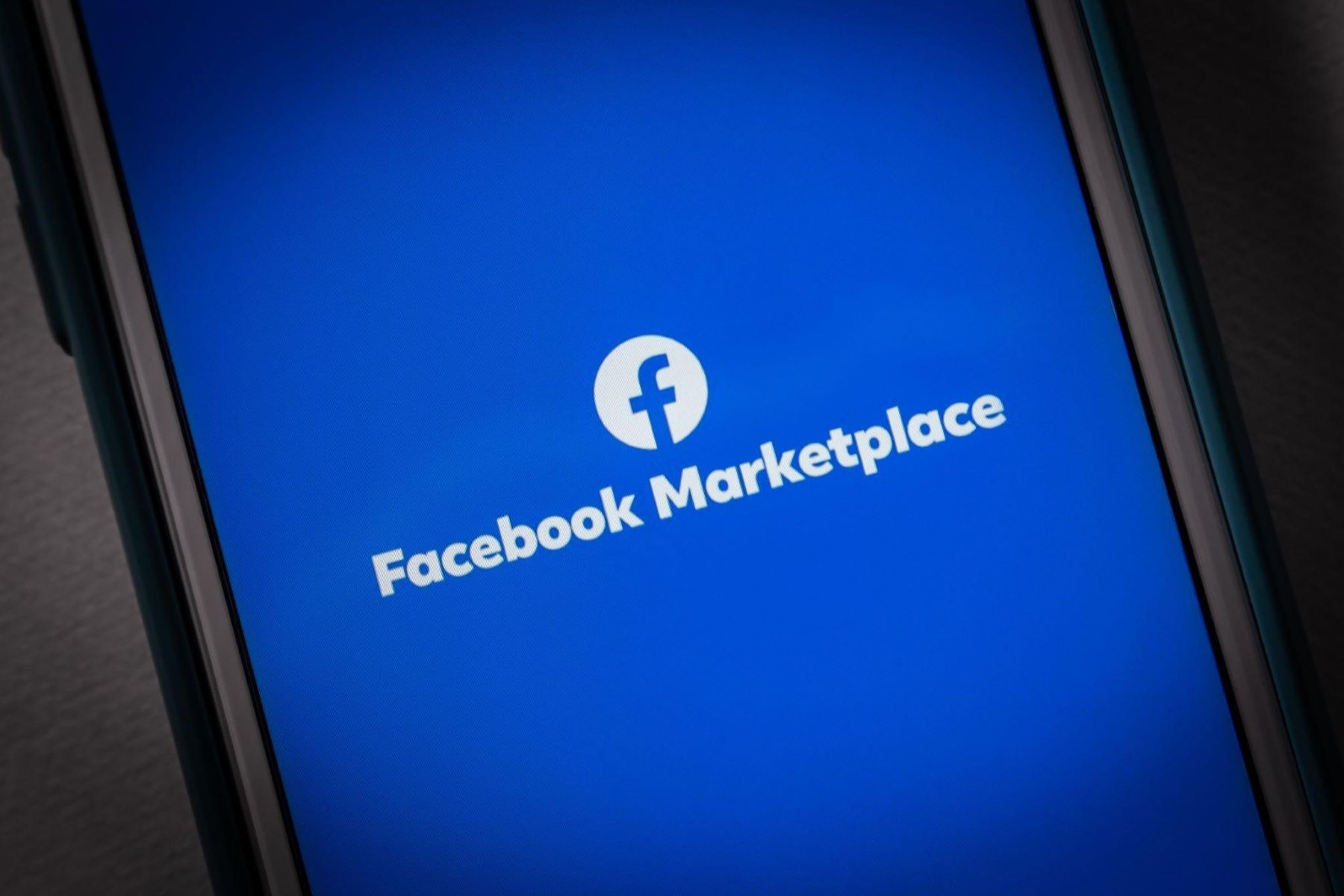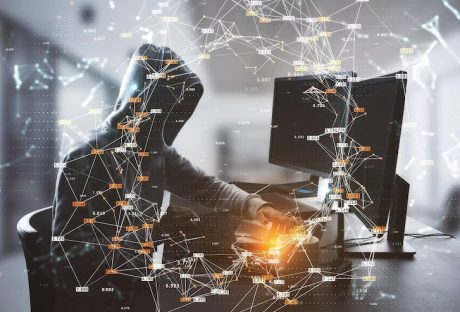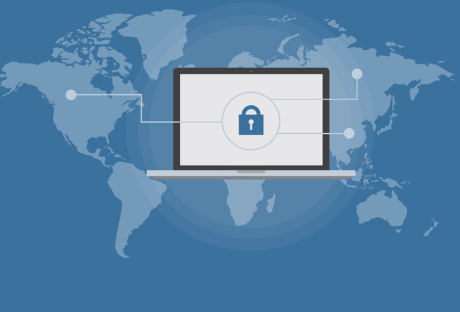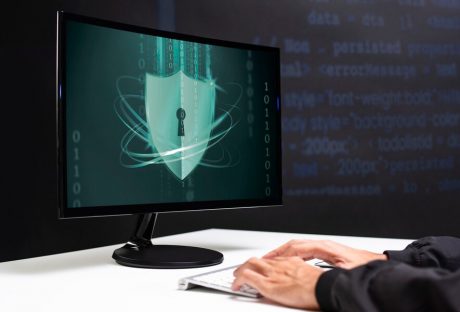Scammers are everywhere online these days, and it’s important to be aware of the different types of scams that you might encounter when buying and selling items on the Facebook marketplace.
Staying informed about potential scams that might be targeted toward you will help you protect your items, your personal information, and your money.
Our article gives you information on common Facebook marketplace scams and how to stop scammers on the Facebook marketplace.
What Is Facebook Marketplace?
Facebook marketplace is one of today’s most popular selling platforms for both used and new goods. Facebook users can easily navigate the marketplace to find items in their area and items that are available for shipping. It doesn’t charge any kind of fee for this service, which is part of what makes the platform so popular.
Common Facebook Marketplace Scams

As with any type of selling platform, scams are common on the Facebook marketplace. We give you an overview of the most common Facebook marketplace scams you might encounter.
1. Overpayment Scams
Overpayment scams are common both on and off the Facebook marketplace, and these scams involve the buyer claiming to have overpaid for the item by accident. They may try to show proof by providing some kind of receipt or screenshot of payment.
The buyer will then ask that you refund the difference, but once you do this, their original payment will be shown to be false or otherwise not processed. The buyer will then disappear, making off with the money that you sent them as a ‘refund.’
2. False Payment Scams
False payment scams involve the buyer sending you a payment receipt in order to get you to send a package or deliver an item.
These are often screenshots of false payments or utilize suspicious third-party apps. So, it’s important to always use a trusted payment app such as PayPal or Venmo and verify that payment is actually received before you take the next steps in the selling process.
3. Shipping Scams
Shipping scams are very common on most buying and selling platforms, and the Facebook marketplace is no exception. In these scams, a buyer may request that you go ahead and send a package before payment is received.
Alternatively, they may present you with a false payment receipt so that you will send the package. Buyers may also claim that a package was never received, and sellers on the Facebook marketplace may simply take your money and never ship your package.
These scams can be hard to catch at first, so always use common sense and scrutiny when dealing with shipping and receiving packages.
4. Bait and Switch Scams
Bait and switch scams involve the scammer listing a more valuable or popular item on the marketplace, but when you message them about that item, they tell you it has been sold. They may then offer you an item of inferior quality in the hopes that you settle for it and buy it.
5. False Listings
Fake listings, such as listings for apartments or other rentals, and listings that appear too good to be true for valuable items are often the cornerstone of this scam.
In these scams, you may be asked to fill out forms to obtain items or a rental, asked to put down a deposit, or asked to pay a holding fee, only for the rental or item listing to disappear. Then, the scammer vanishes with your money and information.
Tips for Stopping Facebook Marketplace Scammers
The following tips will help stop you from falling for scams when utilizing the Facebook marketplace. Always use caution and common sense when buying or selling online.
- Make sure payments are fully received and processed before shipping any product; this stops you from losing the item if a payment turns out to be false.
- Never engage with anyone who wants to send payments through sketchy third-party apps and always double-check who owns email addresses.
- Always double-check electronics to make sure they are working and be wary of items that appear like they have been stolen.
- If the price of something or a product is too good to be true, it likely is.
- Never reveal codes that are texted to your phone, and never fill out any kind of form asking for your personal information in order to receive an item.
- Always ask for tracking codes or provide tracking codes when shipping and receiving items to prevent false claims of lost packages and to ensure items are actually shipped.
To stop a Facebook marketplace scam for good, open the listing you believe is a scam. Tap on the three dots to open the menu, then navigate to the option that says ‘report listing.’ Tap or click on this, and Facebook will handle the scam listing.
You can also complete this method with the buyer by navigating to the messages exchanged with the buyer. Then, open the same menu by tapping or clicking on the three dots, and select ‘report buyer.’
Making Your Marketplace Experience Safe
Facebook marketplace is a powerful tool to help you buy and sell personal goods to locals in your area, or ship products to those farther away. However, the Facebook marketplace does have its share of scams, and it’s important to be wary as you utilize the platform. Keep your wits about you and remember our tips for stopping Facebook marketplace scammers in their tracks.
Read Also:
- Social Media Marketing – A Life-Changing Strategy
- How To Make Your Online Business More Humble By Managing Your Reputation
- How To Recover Deleted Facebook Messages Using Com.Facebook.orca? – With Pictures
- How a B2B Payment Solution Can Aid Your Ecommerce Company?























